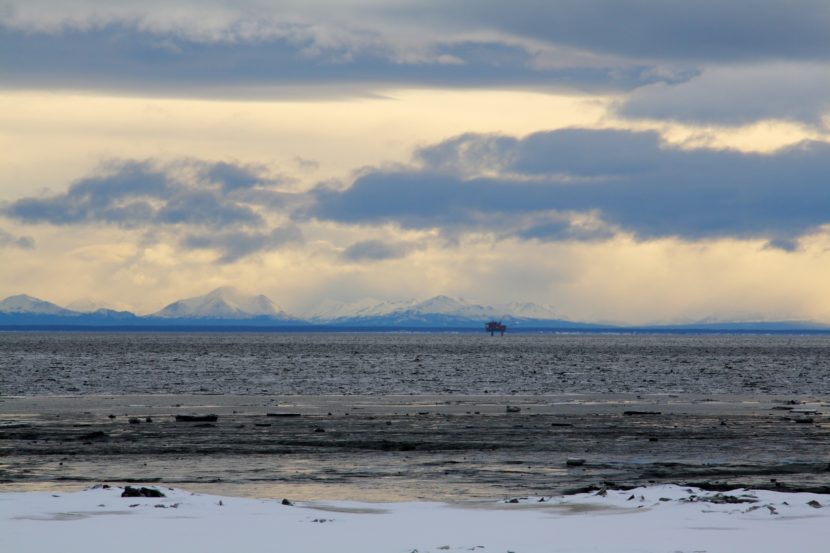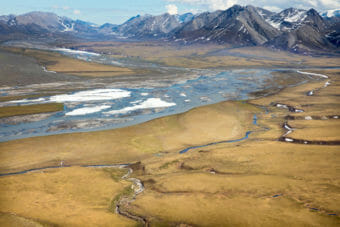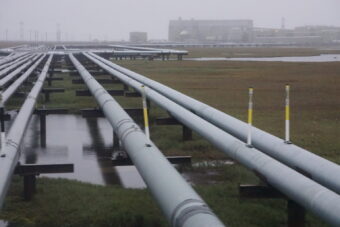
Alaska and a dozen other Republican-leaning states are taking the Biden administration to court over its suspension of new federal oil and gas leases.
The states filed the lawsuit Wednesday, led by Louisiana’s attorney general.
It comes about two months after Democratic President Joe Biden hit pause on any new leases for oil and gas development on federal lands and waters including Alaska’s Cook Inlet and National Petroleum Reserve.
The move was part of a series of executive orders Biden signed soon after taking office, to address global warming.
Cori Mills, an attorney with the Alaska Department of Law, argues the suspension isn’t in line with federal laws.
She said Alaska joined the lawsuit because oil and gas development is critical for the state.
“We still see most of our revenues, most of our economy, our jobs, are based on oil and gas development, responsible and environmentally conscious oil and gas development,” Mills said. “And we feel that’s really important and vital to the state. And this lawsuit seeks to really, you know, tell the Biden administration this isn’t okay.”
While the majority of Alaska’s oil production is currently on state lands, some industry leaders say the future is in federal lands.
The Department of the Interior declined to comment on the lawsuit Wednesday.
The Biden administration has said it’s reviewing the current leasing program but has not said how long the suspension will last.
The administration has also highlighted that oil and gas companies hold leases to millions of acres that have yet to be developed. And, the suspension does not stop work on those existing leases.
Today’s lawsuit asks the court to order the Biden administration to end the suspension, and to move forward with lease sales, including in Alaska’s Cook Inlet.
Meanwhile, conservation and some Indigenous groups are petitioning the Interior Department to block offshore leasing for five years, citing concerns about climate change and threats to coastal communities.
Other states joining Alaska in the lawsuit include Alabama, Texas and West Virginia. Also, Wyoming filed a separate but similar lawsuit Wednesday.



